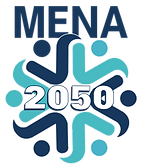Dr. Marwa Al Hawary
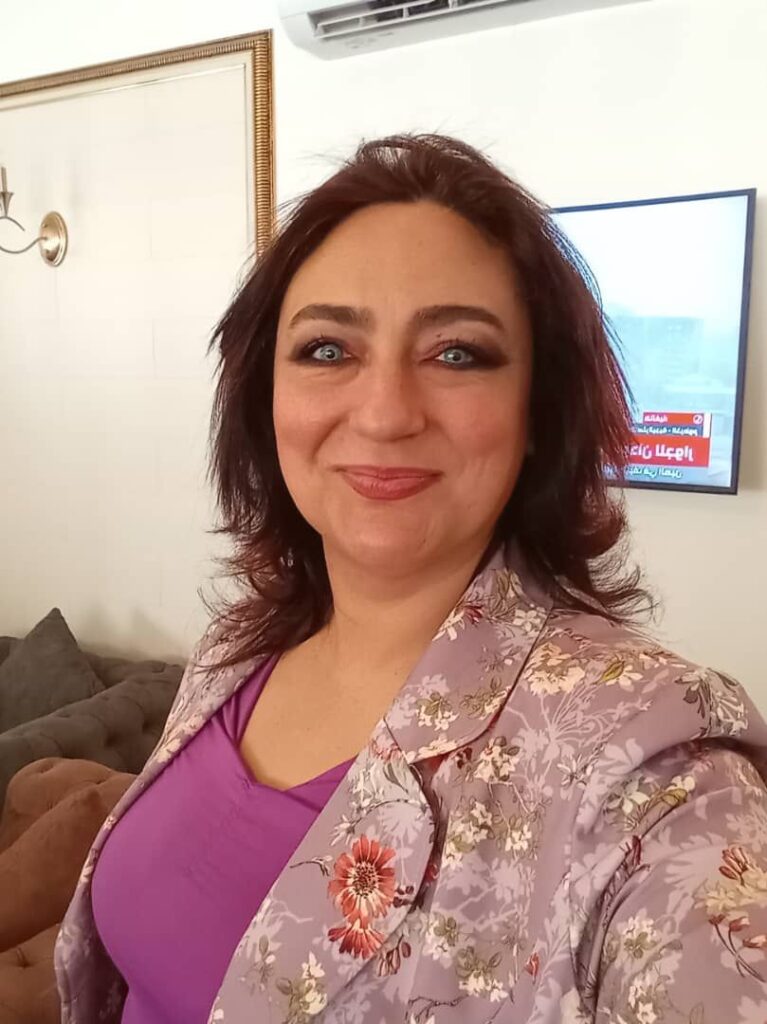
Libya
Libya
Counselor Dr. Marwa Abdulrraziq Khamees Mastor Al Hawary. Libyan woman with a position of general manager of ALFOULK logistics shipping and movers company which is particularly concerned with money exchange and remittances (transportation of money and valuables) and all transportation servicess of all kinds in general and on the other hand she is the founder and head of the Libyan Defense Party. She is interested in the security and stability of the world (the military and security file), and she is a consultant in the military and security sector, specifically in planning and (evaluating & controlling) performance. A lover of mathematics, statistics, and operations research. She does not like to cooperate and work with civil society and humanitarian activists because she does not have the type of flexibility in her personality that is appropriate for their social environment. By the grace of God, Dr. Marwa has mastered transformational leadership, and she believes that the highest probability of achieving security stability for the world is achieved through the state of Libya.
Therefore, she advises world leaders to pay attention to the stability of the state of Libya, the unity of its people, its lands, and not to change its demographics, nor to increase its population through resettlement. Because Libya is a border state that separates multiple physical and moral entities in the same geographical area.Therefore, it is better for the world for Libya to remain limited in population to its small natural population over a large geographical area, so that we will be more capable in security of absorbing the movement of global conflicts and their surrounding geographical changes with flexibility and realism. Examples of the various dualities that border Libya are: Like the opposite duality of religion, Libya was neither a cradle for the revelation of religions nor a center for religious conflicts, but it was a geography between them. Libya was not a prominent civilizational center nor a center for the clash of civilizations, but geographically it was between them. Libya was not a center for scientific and knowledge production for the world, nor was it a center for the struggle of countries over knowledge and science, but it was located between them. Libya was neither an industrial country nor a competitive country for industry, it was between them. Libya was not a country that produced technology and did not represent any competitive value for it. Libya was and still is a border country characterized by its geographical view of two worlds of progress and poverty of raw materials and the market, which makes it throughout the ages and still a country of legal transit and illegal transit. Libya was and still is characterized by another unconventional duality, which is a very large geographical area and a very small population that makes it unique and unfamiliar among the greats of planning. Libya’s dualities are still not finished, and Libya is still a border country for more than these dualities and their contradictory poles, while Libya in itself does not equal any value among them and does not produce production. Impact, which makes it distinguished by what Dr. Marwa calls (the center of zero security impact) or (the center of zero gravity for security deviation)
In any direction or by any significant amount. That is, Libya in itself has a zero security impact, as it does not provoke any conflicts and does not raise the sensitivities of any security movements in itself, but rather some countries stimulate them through them. Libya in itself does not represent any international concern, but it arouses international concern over countries exploiting it.
This is why Dr. Marwa believes that this value (zero) that characterizes Libya, and which may make many world leaders look at it with indifference, was and still is for those who understand it well. They employ the value zero, and they know that (0) is for the insightful. If it is handled well, stability is achieved, and if the insightful is elevated by it, unknown gates are opened for them. If people of insight direct their efforts to it, they will achieve (∞) wondrous infinity. Libya is the border center of contradictions and is a unique country for those who are good at planning and managing international peace and security. This is the goal of Dr. Marwa Al- Hawary, who aspires to the position of Libyan Minister of Defense, God willing
Sakher Edris
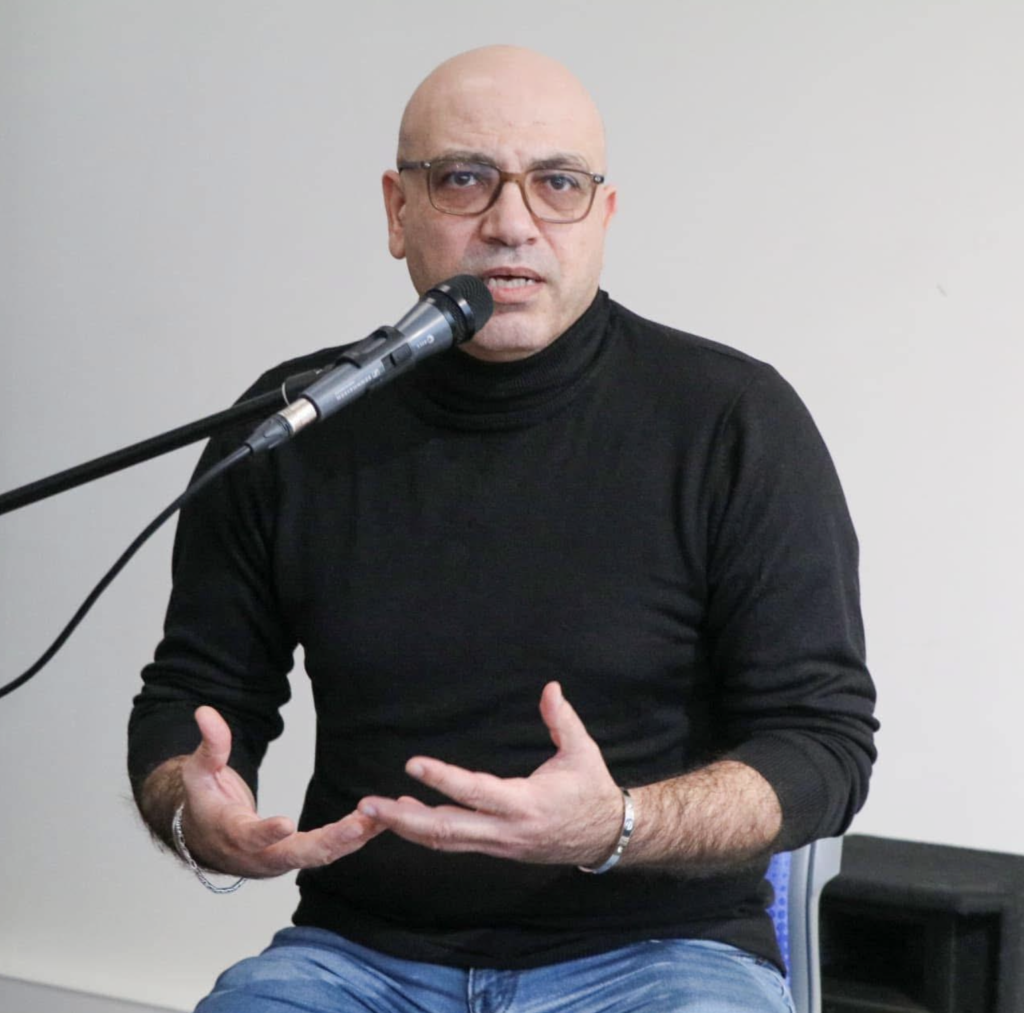
Syria
Syria
A Syrian journalist based in France, Sakher Edris has extensive experience in media work and is an active advocate for journalists’ rights, civil peace, and issues related to migration and asylum.
He served as Secretary-General of the Syrian Journalists Association from 2016 to 2024, where he played a pivotal role in developing media strategies, building partnerships with leading international organizations, and promoting ethical and professional standards in Syrian journalism and media management.
He has worked with prominent media outlets and produced political and cultural talk shows. He has also provided media consultancy to several organizations and institutions. He delivered dozens of lectures in French schools on freedom of the press and expression in the Middle East and participated in awareness programs inside the Paris prison center, in cooperation with the Maison des Journalistes in Paris and the French Ministry of Justice.
He has led initiatives to empower journalists, promote freedom of expression, and strengthen social cohesion between refugees and host communities. He also launched the platform “immigrants now, which focuses on issues of migration and asylum.
He holds a diploma in Computer Programming from the United Kingdom and a Master’s degree in Journalism from the École Supérieure de Journalisme de Paris.
Liel Maghen
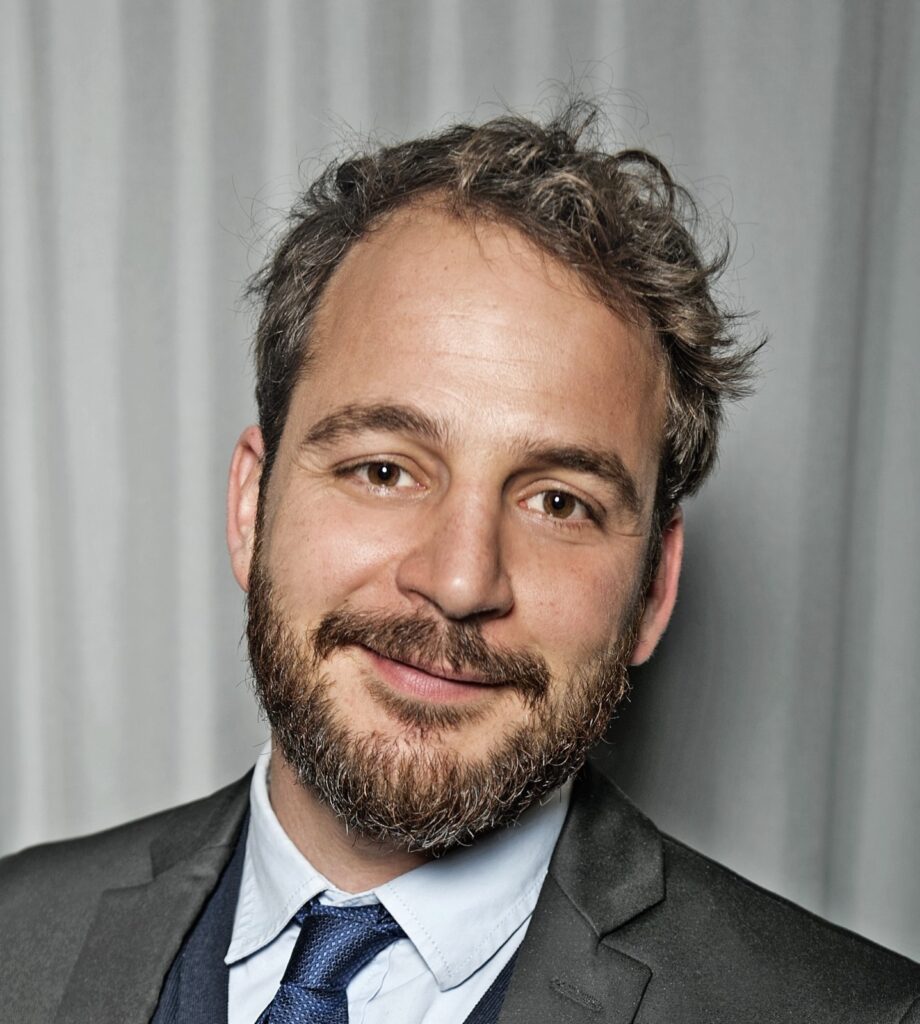
Israel
Israel
Born in Israel to an Italian mother and Libyan father, Liel Maghen has spent years exploring his identity, which has led him to his active involvement in peace building activities in the Middle East. After co-directing the Israel/Palestine Centre for Research and Information (IPCRI), a partnership-building NGO and think tank, he co-founded Elham – the Day After, bringing together Israeli and Palestinian artists to sow seeds of hope in a shared future. Maghen also acts as a consultant on programmes across the Middle East promoting community building, intercultural dialogue and non-violent communication. In 2022, he was awarded the IIE Victor J. Goldberg Prize for Peace in the Middle East. He is currently making his first feature-length documentary focused on political imagination as a method to inspire hope in the war-torn region.
Dr. Dounia Ettaib
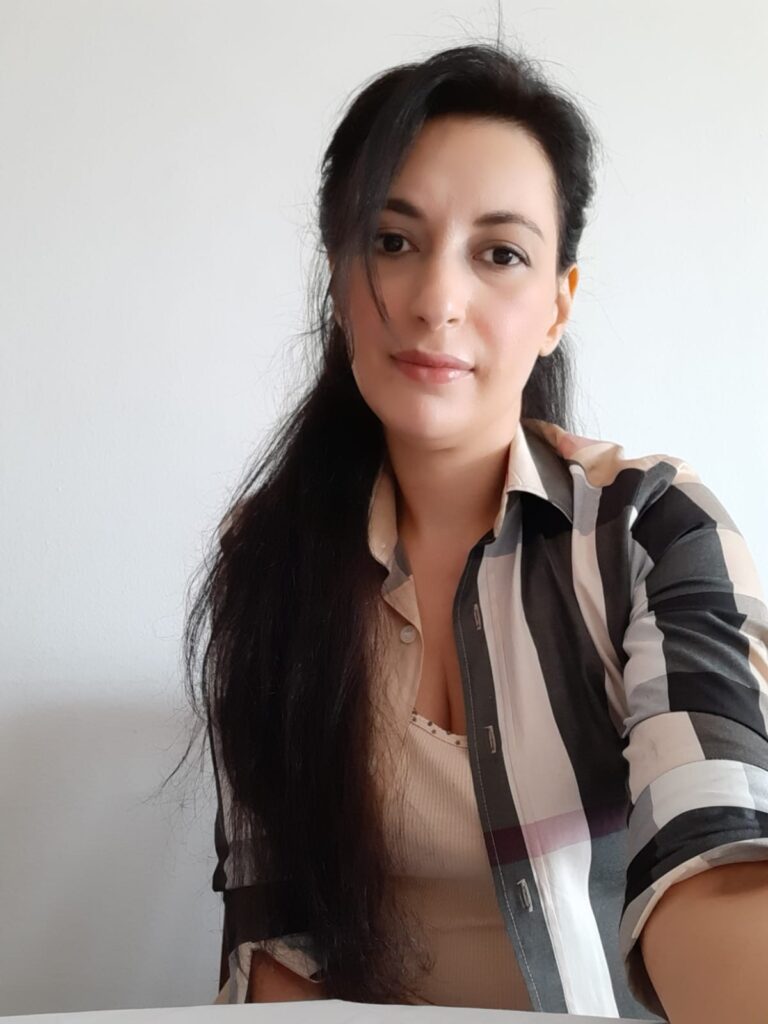
Morocco
Morocco
Prof. Expert in international cooperation, social inclusion, and multiculturalism with over two decades of experience in political advocacy, interreligious dialogue, and community integration.
Holds dual PhDs in Psychology and Islamic Philosophy, complemented by Masters in International Cooperation and Community Law.
Recognized internationally as aPeace Ambassador and awarded multiple honors for contributions to gender equal- ity, anti-trafficking legislation, and cultural mediation.
Currently a professor at Limec University and a businesswoman in fuels, aviation, and international investments.
Prof. Dr. Adel Sarea
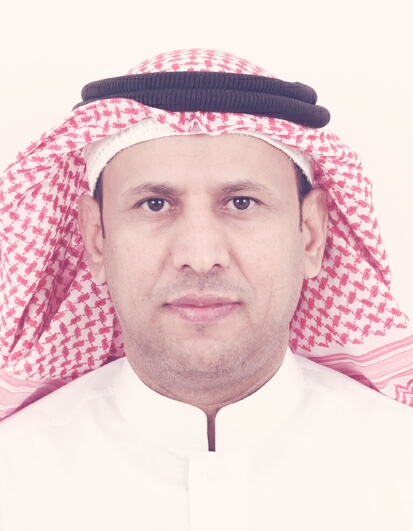
Bahrain
Bahrain
Prof. Dr. Adel Sarea holds various editorial roles on several international journals, including Editor-in-Chief of the MENA Journal of Cross-Cultural Management; Section Editor for Heliyon Finance (Elsevier); Senior Editor of the International Journal of Emerging Markets; Consulting Editor of the Journal of Education for Business; Associate Editor of the International Journal of Islamic and Middle Eastern Finance and Management; and Guest Editor for various academic publications.
His profile embodies a dedication to academic research. He is also committed to impactful teaching in Accounting and Economics, as well as leadership within the accounting and finance community. His books are available on Amazon, such as Centering Gender in the Era of Digital and Green Transition: Intersectional Perspectives.
His research has been published in top-tier academic journals such as Emerging Science Journal, Business Strategy & Development, International Journal of Social Economics, International Journal of Business and Emerging Markets, International Journal of Emerging Markets, The Journal of Risk Finance, Journal of Economic Cooperation & Development, Journal of Open Innovation: Technology, Market, and Complexity, Journal of Financial Regulation and Compliance, International Journal of Law and Management, International Journal of Ethics and Systems, and Asian Economic and Financial Review.
Professor Sarea has received numerous awards, including outstanding paper awards such as the Outstanding Paper 2014 Emerald Literati Award for Excellence (UK), and outstanding reviewer awards such as the Outstanding Reviewer 2022 Emerald Literati Award for Excellence (UK). He has also been invited to be a keynote speaker at several international conferences.
He is a member of the Accounting and Finance Association of Australia and New Zealand (AFAANZ).
Suad Zaid

Palestine
Palestine
Suad Zaid is a Palestinian entrepreneur and technology specialist with a background in Information Technology and Communication. With over a decade of experience in programming, business development, and innovation, she has founded and exited a successful SaaS venture, and currently leads startups focused on AI-powered solutions in education and agriculture. Suad has also contributed to USAID-funded projects, working on sustainable development and economic empowerment initiatives across the MENA region. Her work emphasizes leveraging technology to drive inclusive growth, environmental responsibility, and regional cooperation.
Batu Coşkun
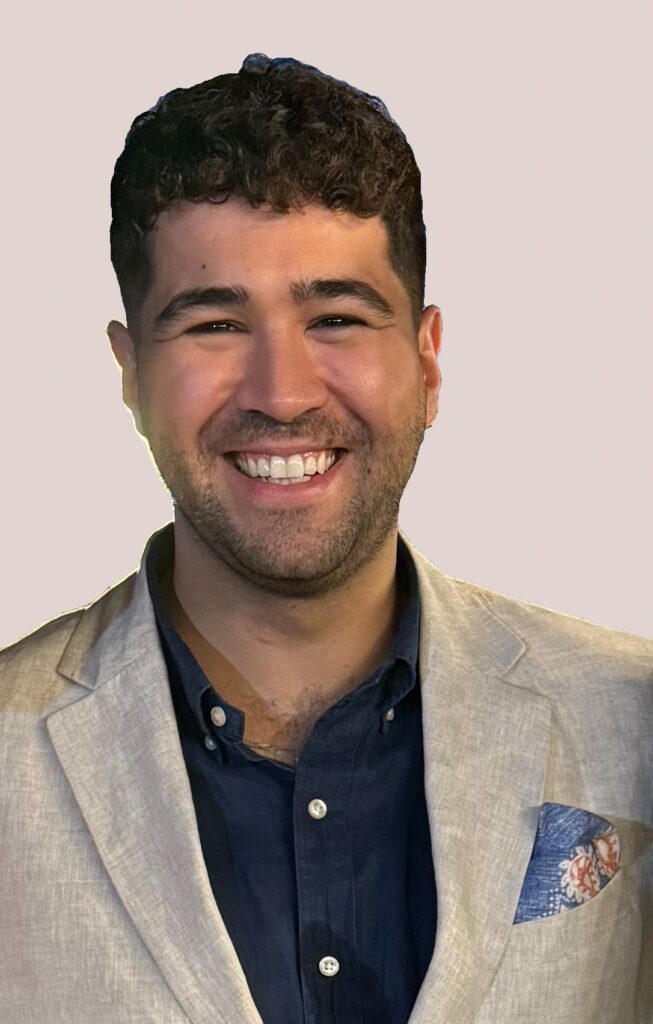
Turkey
Turkey
Batu Coşkun is a political analyst on Turkish affairs. He is also a non-resident fellow at TRENDS Research & Advisory. Batu’s interests include Türkiye’s foreign policy, Turkish political history, and Ankara’s relationship with the Arab Gulf states. He is a graduate of the London School of Economics and Bilkent University in Ankara. Batu is a contributor to the Arab Gulf States Institute in Washington, the Carnegie Endowment for International Peace, the Washington Institute, and the LSE Middle East Center. He is a columnist for the Independent’s Turkish language edition. Batu is author of Mapping the Genesis of the Abraham Accords: Elite Preferences, Rising Nationalism, and the Quest for Political Stability.
Kamal Akaya
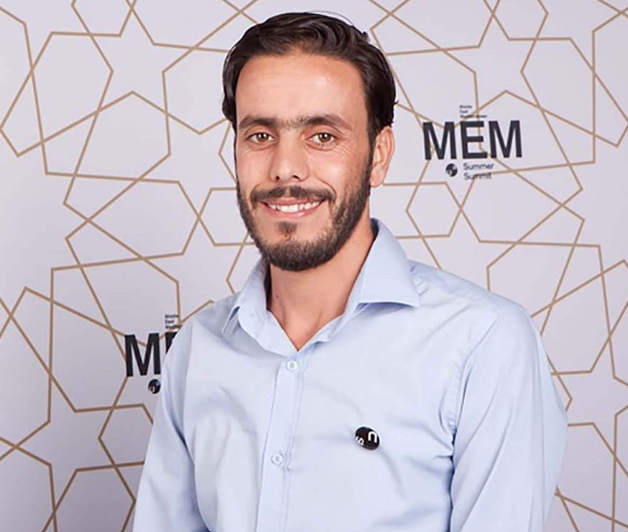
Morocco
Morocco
Kamal Akaya has an international development background with extensive experience in program management, civic engagement, and cross-cultural communication. Currently serving as the Morocco Country Director for the Center for International Private Enterprise since September 2023, Kamal oversees strategic program implementation, financial operations, and business development initiatives throughout Morocco. His professional background includes roles as Program Manager at CIPE, Project Manager at SimSim Participation Citoyenne, and various leadership positions with international organizations focused on youth empowerment, environmental advocacy, and civic education.
A multilingual professional fluent in English, French, Arabic, and Tamazight, Kamal’s educational background includes a BA in Linguistics from Cadi Ayad University in Marrakech. His extensive international training includes participation in prestigious programs such as the Professional Fellow Program funded by the US State Department, the Middle East and Mediterranean Summer School in Switzerland, and conflict resolution training with the Goethe Institute in Germany. Throughout his career, Kamal has demonstrated exceptional skills in developing partnerships, managing cross-cultural teams, and implementing impactful community development projects across Morocco and the broader MENA region.
Nidal Azhary
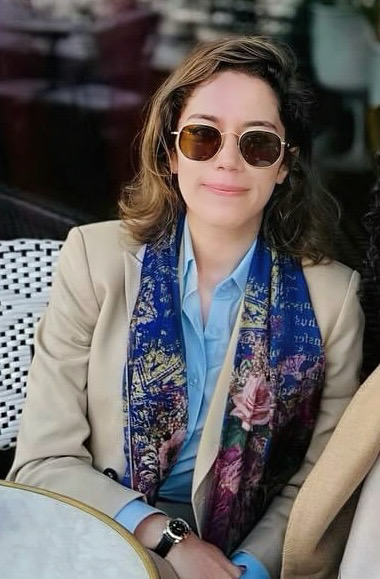
Morocco
Morocco
Strategist and Public Policy expert with over a decade of experience in Lobbying, Law, Business and Governance across North Africa, the Pan-African region, and the Mediterranean. Currently serving as Executive Director of L’Union Féministe Libre (UFL), leading efforts to adress gender-based violence and driving Institutional and Policy advocacy initiatives.
Extensive experience working with International Institutions, the Commission on the Status of Women (CSW), and the African Commission on Human and Peoples Rights, engaging governments, political stakeholders, and the private sector to advance policy reforms and corporate accountability. Collaborated with Deutsche Bank and international NGOs to develop corporate human rights frameworks, in addition to learnings from the Corporate Equality Index.
An alumna of several regional and international leadership programs, serving on the boards of three regional initiatives and advising a fund supporting 400+ NGOs. Academic background includes a Law degree specializing in International Humanitarian Law, with additional studies in political science, governance, business, and international intelligence.
Zakaria El Hamel
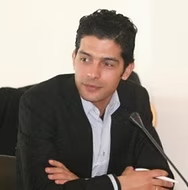
Morocco
Morocco
Zakaria El Hamel is a distinguished Moroccan human rights activist, renowned for his extensive work in promoting peace, dialogue, and human rights. Born and raised in Morocco, El Hamel has dedicated his life to fostering understanding and cooperation among diverse communities.
In 2005, he founded the organization Youth for Peace and Dialogue Between Cultures, which aims to educate and empower young people to embrace tolerance and respect for different cultures and religions. His initiatives often focus on creating platforms for intercultural dialogue and promoting the values of peace and coexistence.
El Hamel’s efforts have not gone unnoticed. He has received several prestigious awards, including the Pan-African Humanitarian Award for Global Impact and Community Development. His work extends beyond Morocco, as he actively participates in international forums and conferences, advocating for human rights and sustainable development.
Through his leadership and advocacy, Zakaria El Hamel continues to inspire many, particularly the youth, to engage in meaningful actions that contribute to a more peaceful and just world.
